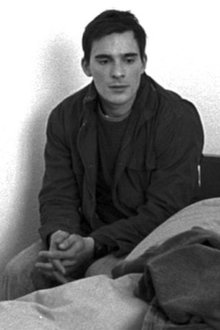On the streets of a damp metropolis lie the corpses of hundreds and hundreds of boys and girls. No one can give them a resting place because of a law enacted by a repressive State. But the young Antigone, with the help of a foreigner, Tiresias, violates this rule in the name of pietas, undermining the established order.
Related Movies

Face in the Mirror (1982)
The dramatic story of a group of young people’s response to a desperate teen’s cry for help.
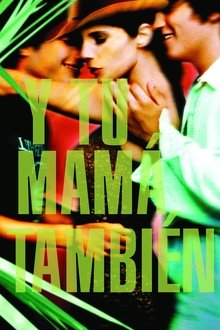
Y Tu Mamá También (2001)
In Mexico, two teenage boys and an attractive older woman embark on a road trip and learn a thing or two about life, friendship, sex, and each other.
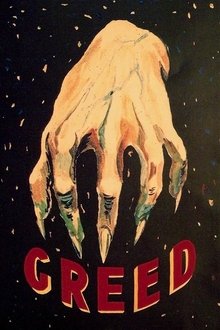
Greed (1924)
A lottery win of $5,000 forever changes the lives of a miner turned dentist and his wife.

Perfume: The Story of a Murderer (2006)
Jean-Baptiste Grenouille, born in the stench of 18th century Paris, develops a superior olfactory sense, which he uses to create the world's finest perfumes. However, his work takes a dark turn as he tries to preserve scents in the search for the ultimate perfume.
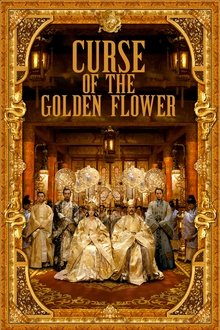
Curse of the Golden Flower (2006)
During China's Tang dynasty the emperor has taken the princess of a neighboring province as his wife. She has borne him two sons and raised his eldest. Now his control over his dominion is complete, including the royal family itself.
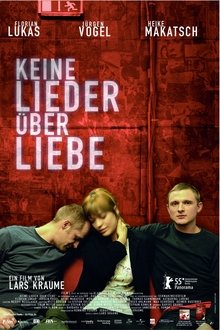
No Songs of Love (2005)
As Tobias, a young director, supposes that his girl-friend Ellen had an affair with his brother Markus, front man of "Hansen", one year ago, he decides to shoot a documentary about the band's next tour. When Ellen joins the project, everybody's emotions boil over, although they are observed all the time.

2 or 3 Things I Know About Him (2005)
What would your family reminiscences about dad sound like if he had been an early supporter of Hitler’s, a leader of the notorious SA and the Third Reich’s minister in charge of Slovakia, including its Final Solution? Executed as a war criminal in 1947, Hanns Ludin left behind a grieving widow and six young children, the youngest of whom became a filmmaker. It's a fascinating, maddening, sometimes even humorous look at what the director calls "a typical German story." (Film Forum)
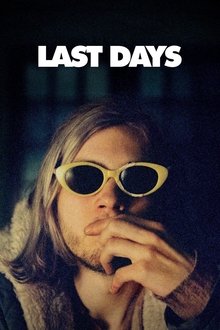
Last Days (2005)
The life and struggles of a notorious rock musician seeping into a pit of loneliness whose everyday life involves friends and family seeking financial aid and favors, inspired by rock music legend Kurt Cobain and his final hours.
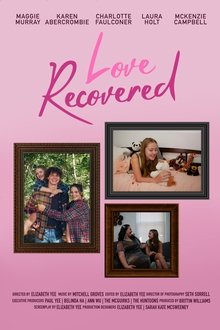
Love Recovered (NaN)
A grieving mother who suffered the tragic loss of her daughter must decide if she can provide a loving home to a child who's lost her parents.
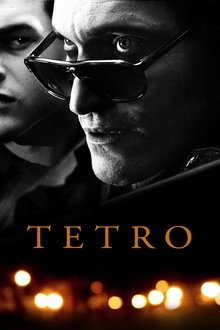
Tetro (2009)
Bennie travels to Buenos Aires to find his long-missing older brother, a once-promising writer who is now a remnant of his former self. Bennie's discovery of his brother's near-finished play might hold the answer to understanding their shared past and renewing their bond.

In Her Shoes (2005)
Irresponsible party girl Maggie is kicked out of her father's and stepmother's home—where she lives for free—and is taken in by her hard-working sister, Philadelphia lawyer Rose. After Maggie's disruptive ways ruin her sister's love life, Rose turns her out as well. But when their grandmother, who they never knew existed, comes into their lives, the sisters face some complicated truths about themselves and their family.
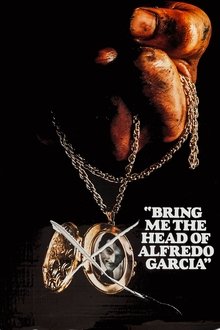
Bring Me the Head of Alfredo Garcia (1974)
An American bartender and his prostitute girlfriend go on a road trip through the Mexican underworld to collect a $1 million bounty on the head of a dead gigolo.
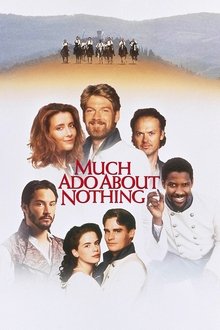
Much Ado About Nothing (1993)
In this Shakespearean farce, Hero and her groom-to-be, Claudio, team up with Claudio's commanding officer, Don Pedro, the week before their wedding to hatch a matchmaking scheme. Their targets are sharp-witted duo Benedick and Beatrice -- a tough task indeed, considering their corresponding distaste for love and each other. Meanwhile, meddling Don John plots to ruin the wedding.

Stick It (2006)
Haley is a naturally gifted athlete but, with her social behavior, the teen seems intent on squandering her abilities. After a final brush with the law, a judge sentences her to an elite gymnastics academy run by a legendary, hard-nosed coach. Once there, Haley's rebellious attitude wins her both friends and enemies.
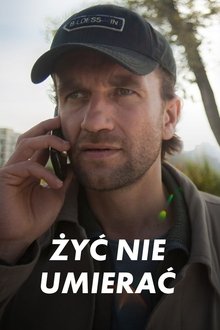
Life Must Go On (2015)
When cancer-stricken alcoholic actor discovers he's only got 3 months to live, he decides to change his life and reconcile with his estranged daughter.
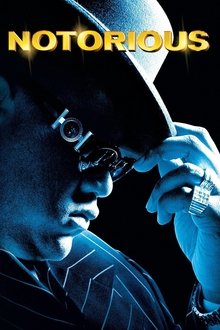
Notorious (2009)
"Notorious" is the story of Christopher Wallace. Through raw talent and sheer determination, Wallace transforms himself from Brooklyn street hustler (once selling crack to pregnant women) to one of the greatest rappers of all time: The Notorious B.I.G. Follow his meteoric rise to fame and his refusal to succumb to expectations - redefining our notion of "The American Dream."
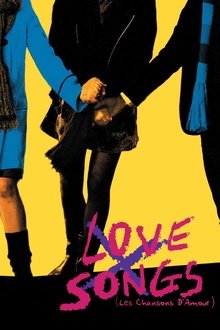
Love Songs (2007)
Ismael and Julie, in the hope of sparking their stalled relationship, enter a playful yet emotionally laced threesome with Alice. When tragedy strikes, these young Parisians are forced to deal with the fragility of life and love. For Ismael, this means negotiating through the advances of Julie's sister and a young college student – one of which may offer him redemption.
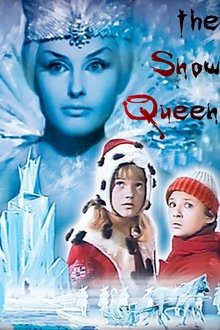
The Snow Queen (1967)
The film tells a story about the extraordinary journey of the modest little girl Gerda. She is looking for her friend Kai, who was kidnapped and taken to her kingdom by the powerful evil Snow Queen. In search of her beloved friend, Gerda ends up in the castle to the cunning, insidious and at the same time funny king, meets forest robbers. On the way, the girl will have many obstacles before the decisive battle with the Snow Queen. But Gerda’s faithful heart will overcome all adversity...
